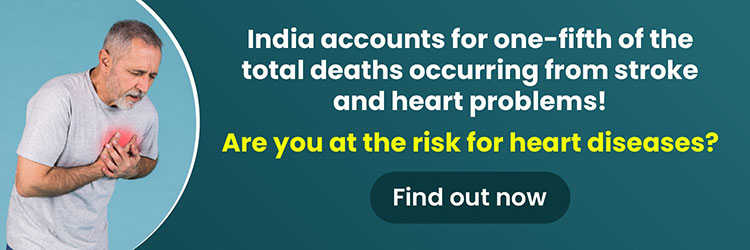Protein Supplements: Are They Putting Your Heart At Risk?
- 20 months ago
To lose weight and gain muscle mass, many people follow a diet high in protein. However, that diet may harm cardiovascular health.
Protein supplements have become increasingly popular among gym-goers and fitness enthusiasts who aim to enhance athletic performance, build muscle, and support post-workout recovery. However, concerns have been raised about the potential risks associated with protein supplements, particularly their impact on cardiovascular health.
What Are Protein Powders?
Protein powders are highly concentrated extracts obtained from plant sources such as soybeans and peas, also animal sources like eggs or milk (specifically whey protein). These extracts undergo a process to transform them into a powdered form, which is then packaged for convenient use. For instance, whey protein powders may be available as whey hydrolysate, which is a protein that has been pre-digested, mainly consisting of dipeptides and tripeptides. Due to this pre-digestion, these forms of protein are absorbed more rapidly than free-form amino acids and intact proteins (non-hydrolyzed). This rapid absorption facilitates efficient uptake by the body.
It is important to note that the effectiveness of protein powders varies based on their intended purpose. Different protein powders are formulated to cater to specific goals, such as muscle building or weight loss. So, it is essential to approach these goals holistically, considering factors such as diet, exercise, and overall lifestyle to achieve optimal results.
Which Is Better, Collagen Or Whey Protein?
How Much Protein Do You Need Per Day?
The recommended daily protein intake varies depending on several factors, including age, sex, body weight, activity level, and overall health. The general guideline for healthy adults is to consume a minimum of 0.8 grams of protein per kilogram of ideal body weight per day.
Individual protein requirements may differ based on specific goals or conditions. Athletes or people engaging in intense physical activity may need higher protein intake to support muscle growth and repair.
For athletes and individuals engaged in intense exercise, protein requirements may range from 1.2 to 2.o grams per kilogram of ideal body weight to support muscle repair, growth, and recovery. The specific protein needs of these individuals can vary based on their training intensity, duration, and individual goals.
How Much Protein Do You Need to Gain Muscle?
Can High Protein Raise Your Risk Of A Heart Attack?
1) Increased intake of dietary cholesterol
Animal-based protein sources, such as red meat, poultry, and full-fat dairy products, are often high in dietary cholesterol. When consumed in excess, dietary cholesterol can contribute to the formation of plaque in the arteries. Plaque consists of cholesterol, fatty substances, calcium, and other cellular waste products that accumulate over time, narrowing the arteries and impeding blood flow.
What Does Your Cholesterol Ratio Say?
2) Inflammation and oxidative stress
High-protein diets, particularly those that are low in fruits, vegetables, and other plant-based foods, may promote inflammation and oxidative stress in the body. Chronic inflammation and oxidative stress are linked to the development of atherosclerosis. Plant-based foods, rich in antioxidants and anti-inflammatory compounds, have been associated with a lower risk of cardiovascular disease.
3) Impaired endothelial function
The inner lining of blood vessels (endothelium) plays a crucial role in maintaining healthy blood flow. High-protein diets, especially those rich in animal proteins, may impair endothelial function. Impaired endothelial function can lead to atherosclerosis by causing inflammation, platelet aggregation, and plaque buildup.
4) Lack of fiber and beneficial plant compounds
High-protein diets that focus primarily on animal proteins may be low in dietary fiber and beneficial plant compounds, such as flavonoids and phytochemicals. Dietary fiber helps remove cholesterol from the body and supports healthy digestion. Plant compounds have been shown to have protective effects on the cardiovascular system. The absence of these components in the diet may contribute to plaque formation.
The Importance Of A Balanced Approach
When it comes to optimizing fitness and overall health, a balanced approach is crucial. Relying solely on protein supplements without a well-rounded diet can lead to nutrient deficiencies and inadequate intake of other essential macronutrients, vitamins, and minerals. It is important to prioritize a varied diet that includes whole foods, such as lean meats, fish, dairy, and plant-based protein sources, alongside supplements if needed.
Protein Supplements - Think Before You Grab One!!
Conclusion
Contrary to popular misconceptions, protein supplements used at the gym are unlikely to increase the risk of heart attacks for healthy individuals when consumed in moderation and as part of a balanced diet. They can provide a convenient and efficient way to meet additional protein needs, support muscle growth, and help in recovery.
As with any dietary supplement, it is essential to consult a healthcare professional or a registered dietitian before starting any supplementation regimen, especially for those with pre-existing cardiovascular conditions or other health concerns.










